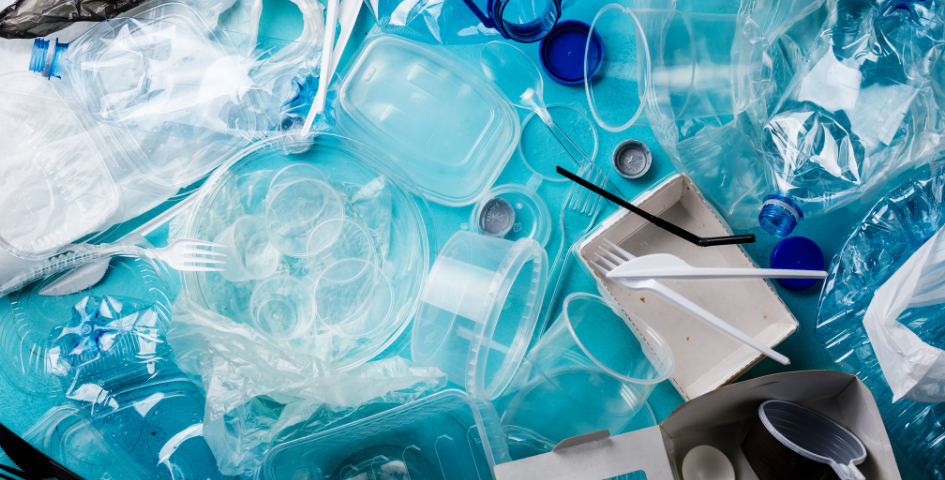From shoes to makeup to cherry tomato containers, plastics are everywhere. We see this in Target and in the grocery store; we even see plastic in our doctor’s office. So what is the big hype on plastics and phthalates? Why are reproductive endocrinologists and other healthcare professionals urging their patients and the public to ditch their plastic containers for its glass or stainless steel competitors? The answer is in the history of plastic, also known as polymers.
History of Plastic
The first fully synthetic plastic was invented in 1906 by a man named Leo Baekeland. This invention led many manufacturing plants to start experimenting on this man made synthetic substance that could have a million uses; and as we know, it does. During World War II, natural resources were even more scarce which led to more synthetic materials like nylon and Plexiglas. But as the years went on, the environmental and health concerns of plastics and additives known as phthalates (BPA for example) started to become more and more obvious to the public. Phthalates make plastic more flexible and durable. But they have also been added to perfumes, cleaning products and skin care products.
Take the Next Step – Schedule an Appointment
Issues with Phthalates
According to a study done by the American Journal of public health in 2021, phthalates are directly linked to learning disabilities and behavioral issues in children, and also affect reproductive health. According to a study done in 2020 on the effects of phthalates and human reproduction “Phthalates may induce alterations in puberty, the development of testicular dysgenesis syndrome, cancer, and fertility disorders in both males and females. At the hormonal level, phthalates can modify the release of hypothalamic, pituitary, and peripheral hormones. At the intracellular level, phthalates can interfere with nuclear receptors, membrane receptors, intracellular signaling pathways, and modulate gene expression associated with reproduction”.
How to decrease exposure
So what can you do for you and your family to decrease your exposure to plastics and phthalates? The first thing to do, is realize that you cannot get rid of all of the plastics in your life. But any decrease you can make, will make a difference in your health and the environment. Pick one area that seems doable to downsize and move on from there. For example, glass food storage containers instead of plastic; or making sure not to use plastic plates for hot food or use in microwaves. Some people find it easier to start with switching to more natural cleaning products or beauty products. Whatever you can do makes a difference and that difference is important for your health and for the health of our world.
If you would like to learn more about GENESIS Fertility New York or are ready to schedule an appointment, please speak with one of our representatives at 929-605-5467.





